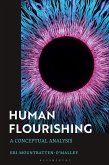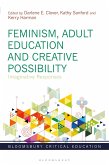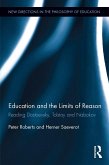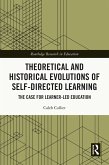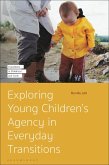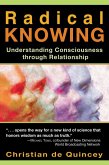In this first systematic reconstruction of the concept of human flourishing, Eri Mountbatten-O'Malley addresses the central problems with the treatment of the concept in psychology, education, policy and science. Drawing on Wittgenstein and his followers, he develops a sophisticated methodology of conceptual analysis and makes the case for paying closer attention to complex human contexts, purposes and uses.
Adopting a conceptual approach, informed by fundamental insights adapted from Wittgenstein's philosophy of language, Mountbatten-O'Malley highlights the key features and connections in the conceptual landscape of human flourishing, such as humanness, agency, personal growth, happiness and meaning. He considers the extent to which any claim to knowledge is reliant on a putative human nature, what that nature is, and how we can better understand such notions.
Re-humanizing current research on the concept that is technicalized and detached from ordinary uses, this volume takes the 'human' in conceptions of human flourishing seriously.
Adopting a conceptual approach, informed by fundamental insights adapted from Wittgenstein's philosophy of language, Mountbatten-O'Malley highlights the key features and connections in the conceptual landscape of human flourishing, such as humanness, agency, personal growth, happiness and meaning. He considers the extent to which any claim to knowledge is reliant on a putative human nature, what that nature is, and how we can better understand such notions.
Re-humanizing current research on the concept that is technicalized and detached from ordinary uses, this volume takes the 'human' in conceptions of human flourishing seriously.



